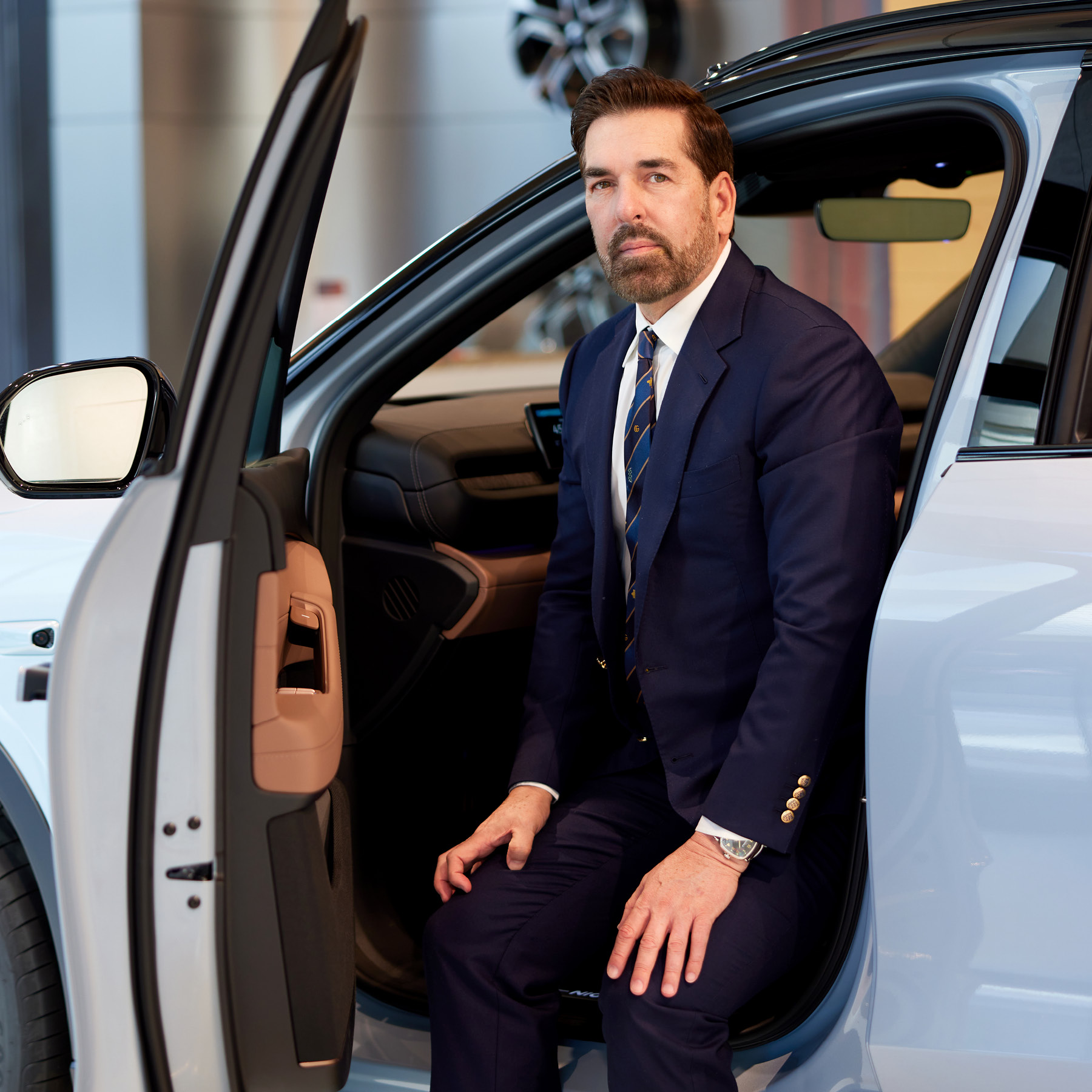Now for the good parts: Todd Edward Fortner
From a Toronto garage to garages around the world, leading automotive parts manufacturer Magna International has gone on quite a journey. The next stop for success is China, where Vice President Operations Exteriors Asia Todd Fortner says local partnerships will help usher in a new generation.
The components that make up our cars often go unsung in the tale of modern mobility. When Frank Stronach started building automotive parts in a Toronto garage in the late 1950s, he did so knowing that cars are the sum of their parts.
Driven by passion, skill and a strong worth ethic, Stronach turned his enterprise into Magna International, the largest automotive parts supplier in North America and a leading player in other regions around the world.
In Asia, Magna International has made serious inroads under the leadership of Todd Fortner, Vice President Operations Exteriors Asia. A long-time veteran of the company, Fortner spent time on the entrepreneurial side of Magna before being tasked with expanding its Asia operations.
"Our mission at Magna is to expand our expertise to create a better world of mobility responsibly," he tells The CEO Magazine.
"We develop technology systems and concepts that make automotive vehicles safer and clean for everyone."
Broad Roots
One of Magna’s biggest operations is in China. Overseen by Fortner and his team, Magna International China runs with an operational efficiency standardization system known internally as MAFACT.
"That’s our Magna Factory best practice standardization of processes to ensure the same quality across all of our global operations," he says. "Basically, we make things fast and make sure they’re affordable and first class, factory by factory, operation by operation."
With 342 manufacturing and assembly operations worldwide, 180,000 employees and US$42 billion in sales globally, that’s a big job. But Fortner says the overall success of the company is down to each region implementing Magna’s stringent quality control and performance processes.
Asia is a region with many unique challenges, but some of those are a product of the modern age.
"I oversee the operational aspects of all our exteriors businesses in the Asia region, which includes managing and streamlining all of our manufacturing operations, our processes, supply chain operations, quality control and driving overall efficiency and performance," he says.

"Basically, we make things fast and make sure they’re affordable."
"In China it’s becoming increasingly important to reduce our environmental impact and ensure our long-term viability, so we’ve been transitioning to green energy sources such as solar and wind while reducing our carbon footprint.
"We partner with our suppliers on the basis of their adherence to sustainable practices and ethical standards. Many of Magna’s standards actually exceed local environmental regulations."
Meanwhile, the emergence of extremely low cost-driven Chinese EV original equipment manufacturers is the other edge of the sustainable sword.
"They’ve been really disruptive to our normal automotive business and supply chain," he says. "But we’ve adjusted our business strategy to take advantage of this new and incredibly important customer base that’s changing the face of mobility as we know it."
Joint Ventures
In order to successfully appeal to Chinese EV carmakers, Fortner says Magna has strived for competitive pricing without compromising the quality of its offerings.
"It’s also crucial to have a local presence such as a joint venture to build strong face-to-face relationships with these manufacturers," he says.
Having boots on the ground is also critical.
"China is a complicated place to do business," Fortner says. "The Chinese have an idiom that says even the strongest dragon cannot overtake the local snake. It doesn’t matter how good you are overseas; in China, you still need strong partnerships and relationships."
That’s why Magna has signed on for a series of joint ventures in the country, with Fortner sharing certain responsibilities and setting strategic directions with his local partners as well as establishing a local Magna crew.
"Our mission at Magna is to expand our expertise to create a better world of mobility responsibly."
"A local team can understand the requirements of local manufacturers, especially in terms of engineering and innovation. It gives us the agility to respond to any change to their requirements," he explains.
On the subject of teamwork, much of Fortner’s inspiration and direction comes from his long history playing polo.
"It’s the sport of kings, and actually has historical roots going way back in China," he says. "It provides several practical lessons that leaders can learn from. Teamwork is essential for success. Focus, discipline and effective communication win games with your horse."
Above all, however, innovation is key to Magna’s success, just like it was for Frank Stronach all those years ago.
"EV manufacturers are the future of the automotive industry, and are always looking to innovate solutions to stay ahead in the market," Fortner says. "They focus on attractive and cutting-edge technologies and components that can help them improve performance and be more competitive in this incredibly tight race for success, and we at Magna have the vision to provide that and global and local expertise to help propel our customers to new levels of excellence.
"Polo and equestrian sports have inspired me to play fair and smart to win on the polo field and the board room."